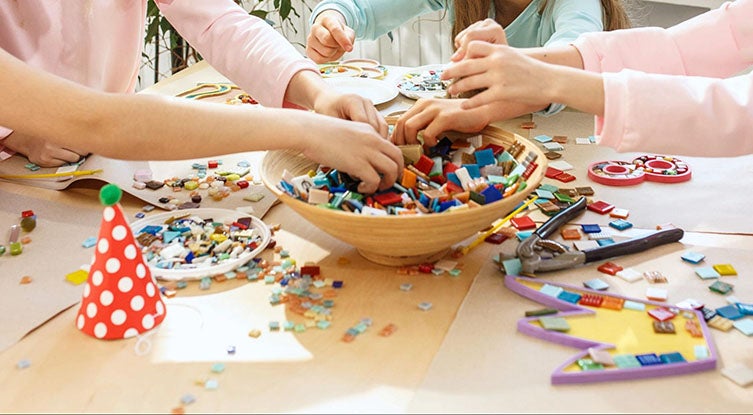Peggy Kaye, the designer of HOMER’s learning system, is a known literary expert and the author of a series of books that are jammed packed with games that help children learn. She has been a teacher and private tutor for over 40 years and enjoys sharing her learning strategies on our blog.
Magic happens when you read aloud to your child. Yes, you introduce your child to stories and to the delights reading brings. Yes, you and your child can travel the world and transcend time by sharing books. In addition to these wonderful benefits, reading aloud offers an extremely effective way to increase your child’s reading comprehension. And it’s blissfully simple: while sharing a story, model what it’s like to be an engaged, active reader. This will show your child that reading is not just saying words. It’s bringing meaning to the words by considering and interpreting what an author says and shares. Here are five ways you can strengthen your child’s reading comprehension skills while having fun.
1. While reading, stop and wonder about the story – not as a question and answer session but in an authentic way that demonstrates how a reader thinks while reading. “Wow! That surprised me! I didn’t think Fern would do that!”
2. Think aloud about the characters. You might even relate a character to someone you know: “Charlotte is so caring; she reminds me of your aunt Barbara.” You might wonder if you would act the same way as a character: “Sarah is amazing. I don’t think I’d be brave enough to knock on that door.”
3. Predict! “What will Harold do now? I bet he runs away as fast as he can!”
4. When you read aloud, read with expression that makes the characters come alive. This will help your child understand, and stay involved with, the story. Children love when we assign distinctive voices to each character. It prepares them to use the same techniques as they read on their own.
 5. You might play a comprehension game with your child. At the end of a few pages –stop reading and use the five Ws–Who, What, Where, When, Why – to retell what just happened. Call this the Five Finger Retell game. When your child gets the idea, challenge him or her to take a turn at a five-finger retelling.
5. You might play a comprehension game with your child. At the end of a few pages –stop reading and use the five Ws–Who, What, Where, When, Why – to retell what just happened. Call this the Five Finger Retell game. When your child gets the idea, challenge him or her to take a turn at a five-finger retelling.
It’s best to make reading time relaxed and fun. It’s not a “test.” It’s not school! And it should never interfere with the joy of sharing books. If you keep it natural and fun, your child will become an active rather than a passive reader, and active readers tend to become people who love to read.














